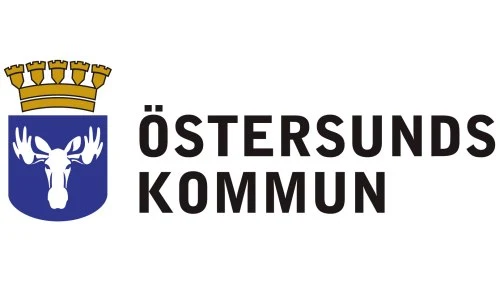Effective assistance to households at risk of overindebtedness
The research project aims to explore and understand how municipal debt counseling can effectively help households at risk of overindebtedness. The project increases our understanding of how susceptible households are to support and the consequences of debt-related vulnerability.
Households in Sweden are facing an increasingly tougher economic situation due to rising interest rates and living costs. We can expect that more households are at risk of financial vulnerability that can lead to overindebtedness. Overindebted households suffer from, for example, impaired health and well-being, including for children. Overindebtedness also entails large societal costs.
This research project focuses on households at risk of overindebtedness. These households are at risk of not being able to manage their indebtedness. In the short term, they may find it difficult to manage their expenses and pay their debts. In the long term, the households´ control over their indebtedness is a key problem in order not to end up in overindebtedness, i.e. a permanent inability to pay the debts. In this way, the project focuses on the need for an increased understanding of the relationship between indebtedness and vulnerability.
Households at risk of overindebtedness can receive help and support from the municipality’s debt counselling. Debt counselling is part of the social services. Its work is aimed at both providing effective support and doing preventive measures. During 2021-2022, the debt counselling at Östersund municipality handled approximately 190 aid applicants annually. In September 2023, about 1600 municipal residents had debts registered at the Swedish Enforcement Authority (swe. Kronofogden), of which 1000 for more than five years and 700 with debts above SEK 100,000. Therefore, from a socio-economic perspective, knowledge about how debt counselling can help households with high levels of exposure to indebtedness and counteract overindebtedness is important. In this project, we intend to study the possibility of breaking exposure to the risk of overindebtedness through early interventions with support, counselling, and preventive work in order to provide effective assistance to these households.
We have limited knowledge about which measures and support can prevent these households from becoming overindebted. On the one hand, the importance of the households´ knowledge about personal finances and indebtedness is highlighted and that a lack of knowledge can explain why households at risk do not use support that can improve their situation. On the other hand, the debt counsellors´ professional expertise highlights the need for preventive work and tools to help the households that are not granted debt relief. This project provides knowledge of how this preventive work can be carried out in order to best help households manage their indebtedness and avoid overindebtedness.
The aim of this research project is to explore and understand the possibilities of households exposed to high levels of indebtedness to improve their financial situation and prevent overindebtedness. This aim is addressed through two research questions:
1. How susceptible are households at risk of overindebtedness to targeted support and preventive efforts from the municipality´s debt counselling?
2. Which are the effects of the support and preventive efforts for the households and the municipality´s welfare services?
The research questions are answered empirically through collaboration with Östersund municipality’s debt counselling, which carries out targeted preventive interventions with support and counselling for households at risk of overindebtedness. We evaluate the impact of the interventions on the households with register data and interviews. In this way, the project contributes with knowledge of the factors that determine how susceptible weak households are to support and aid focused on breaking social and economic exclusion (take-up) and with knowledge of the consequences of exposure to the risk of overindebtedness for households.
The research project is executed in two steps. First, samples of households at risk of overindebtness are targeted with interventions consisting of supportive and preventive measures by the municipality´s debt counselling. Second, the effectiveness and results of the interventions for both the households and the municipality are evaluated.
In the first step, the debt counselling at Östersund municipality implements two interventions targeting households at risk of overindebtedness. The first intervention focuses on early identification of households experiencing payment problems with debts related to the municipality in order to provide support to the households. The second intervention focuses on offering debt counselling closer to the citizens by providing the opportunity for drop-in visits at different locations in the municipality. The interventions are evaluated with register data that measures the extent to which the households have been activated, i.e., their take-up of the interventions. This may concearn, for example, receiving support by the debt counselling or applying for debt relief at the Swedish Enforcement Authority. This answers research question 1.
The second step of the research project monitors how the situation for the targeted households has changed in the short and long term in terms of the use of municipal welfare services, housing, labour market participation, health, and well-being. These outcomes are evaluated with register data and semi-structured interviews. The interviews complement the register data by offering opportunities to ask open questions about the respondents’ experiences and motivations. This answers research question 2.
Financing
This is a research project in collaboration with Östersund Municipality in accordance with the collaboration agreement (swe. samverkansavtalet).
The project application can be ordered from Mid Sweden University by e-mail: registrator@miun.se. Please submit the project title when ordering. The project application is in Swedish.
Participants from Östersund municipality:
Debt Counselling at the Social Services, manager: Kajsa Sundell
Total funding granted from the collaboration agreement:
SEK 1,250,000 of which
Östersund Municipality: SEK 625,000
Mid Sweden University: SEK 625,000






